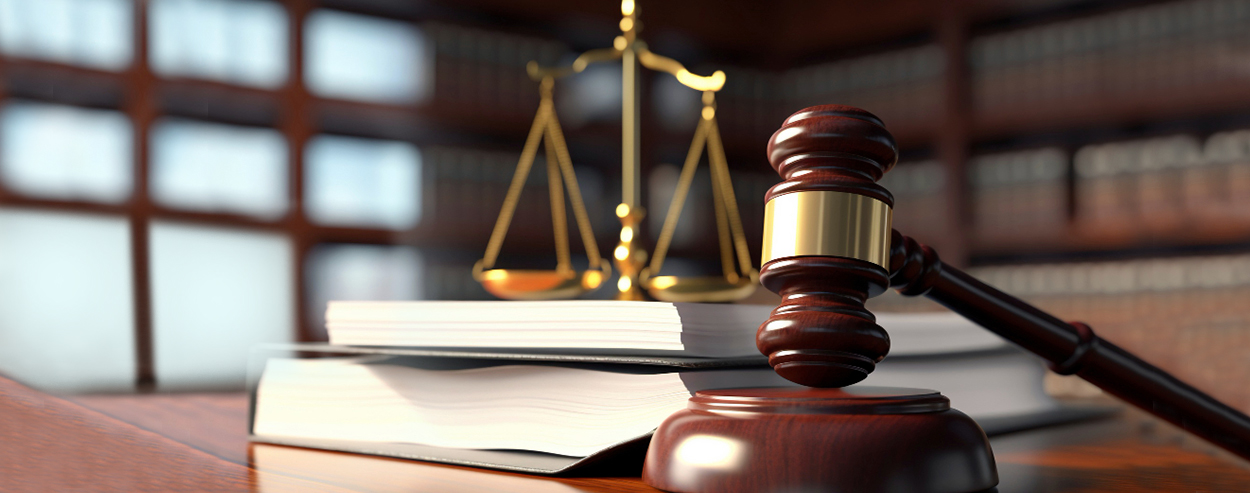The Essence of Law in Civilized Societies
Law serves as the backbone of any organized society, ensuring order, justice, and the protection of individual rights. Without a well-structured legal framework, chaos would ensue, leaving individuals vulnerable to unchecked power and disputes without resolution. It governs interactions, dictates responsibilities, and safeguards freedoms, making it an indispensable component of a functioning civilization.
The Origins and Development of Legal Systems
Legal systems have their roots in ancient civilizations, where codified laws were introduced to maintain social harmony. The Code of Hammurabi, one of the earliest recorded legal documents, established a structured approach to justice. Over time, societies refined their legal frameworks, influenced by cultural, religious, and economic factors. Today, legal systems vary worldwide, encompassing common law, civil law, religious law, and customary law, each tailored to the unique traditions and values of a nation.
The Pillars of a Legal System
A well-functioning legal system relies on key pillars that uphold justice and order:
- Legislation: Enacted laws provide the framework within which societies operate. Legislatures draft and pass statutes to address emerging issues, ensuring that laws remain relevant and effective.
- Judiciary: Courts interpret and apply laws, resolving disputes and setting legal precedents. Judges play a crucial role in ensuring that laws are implemented fairly and consistently.
- Law Enforcement: Police and regulatory bodies uphold the law by preventing and investigating crimes. Their role is vital in maintaining public order and ensuring compliance with legal statutes.
- Legal Professionals: Lawyers, prosecutors, and defense attorneys navigate legal complexities to advocate for justice. Their expertise ensures that individuals and organizations receive fair representation.
The Role of Law in Protecting Rights and Liberties
A fundamental function of law is to safeguard individual freedoms and prevent abuses of power. Constitutions and human rights charters establish protections against discrimination, oppression, and unwarranted government intrusion. Legal safeguards ensure that citizens can express themselves, practice their beliefs, and seek justice when wronged.
Contract Law and Commercial Regulation
Modern economies depend on legal structures that facilitate fair trade and business interactions. Contract law establishes the parameters of agreements, ensuring that obligations are met and disputes are resolvable. Regulations governing trade, intellectual property, and corporate conduct create an environment where businesses can thrive while being held accountable for ethical practices.
Criminal Law and Its Role in Society
Criminal law exists to deter wrongful acts, impose penalties on offenders, and provide justice to victims. It categorizes offenses based on severity, from misdemeanors to felonies, with corresponding punishments. Courts assess cases to determine guilt or innocence, ensuring that legal principles, such as the presumption of innocence, are upheld.
Civil Law and Dispute Resolution
Civil law addresses non-criminal disputes between individuals, businesses, or institutions. Matters such as contract breaches, property disputes, and family law issues fall under this category. The civil legal system provides avenues for resolution, including mediation, arbitration, and litigation, ensuring that conflicts are settled fairly and efficiently.
International Law and Global Cooperation
With globalization, legal principles extend beyond national borders. International law governs diplomatic relations, trade agreements, and human rights protections. Treaties and conventions facilitate cooperation among nations, addressing transnational issues such as environmental concerns, cybersecurity, and humanitarian crises.
Legal Ethics and Professional Responsibility
Ethical standards are paramount in the legal profession. Lawyers and judges must adhere to principles of integrity, confidentiality, and impartiality. Legal ethics ensure that justice is pursued without bias, fostering public trust in the legal system. Breaches of ethical standards result in disciplinary actions, reinforcing accountability among legal practitioners.
The Continuous Evolution of Law in a Changing World
Law adapts to societal shifts, technological advancements, and emerging challenges. Legislators and courts continuously refine legal frameworks to address contemporary issues, such as digital privacy, artificial intelligence, and environmental sustainability. The adaptability of law ensures that it remains an effective instrument of governance, capable of addressing modern complexities while preserving fundamental principles of justice.
Understanding the intricacies of law is essential for every individual, as it governs everyday interactions and upholds the fabric of society. By appreciating its foundations and functions, one gains insight into the mechanisms that sustain order, fairness, and justice in an ever-changing world.







